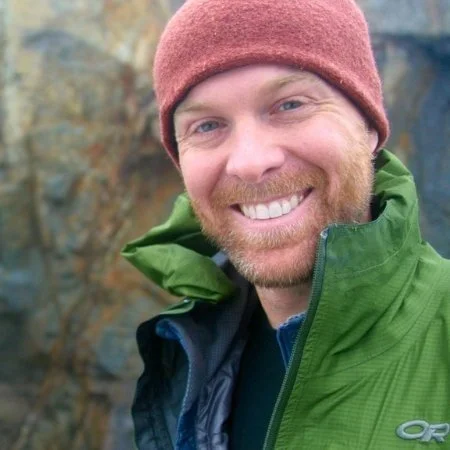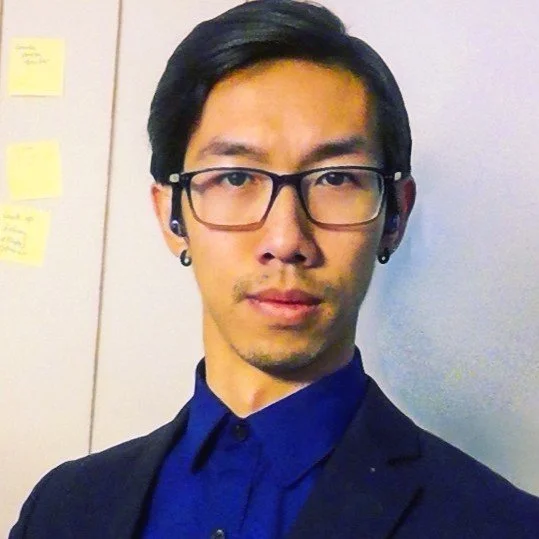Mistler & Associates Private CEO Group
Sample Member Profiles
Dragon Cohort
-

Dr. Bob Uslander
Co-founder and medical director of Empowered Endings. With over 30 years of experience as a physician in Emergency Medicine, Palliative Care, and Hospice Care, Dr. Bob is dedicated to supporting patients and families through major health and life challenges—especially as the end of life approaches.
Dr. Bob understands that optimal care requires more than simply keeping patients comfortable. He addresses the whole person—meeting their physical, emotional, intellectual, and spiritual needs. In this way he is able to ensure the best quality of life, and the most peaceful death possible.
Dr. Bob graduated summa cum laude from the University of Illinois at Urbana–Champaign with his Bachelor of Science in biology. He then attended the David Geffen School of Medicine at UCLA in Los Angeles where he earned his Doctor of Medicine and was inducted into the Alpha Omega Alpha Honor Medical Society. He completed a residency in Emergency Medicine at the University of Illinois Medical Center in Chicago.
ENTERPRISE(S)
Dr. Bob understands that the most valuable gift he can offer as a physician and a human being is to listen and empathize with his patients and families. His experience as an Emergency physician and a Palliative Care and Hospice physician, combined with his personal experience of caring for friends and family members through illness and death, has given him a unique perspective that allows him to be a genuine and effective doctor, navigator, guide, advocate, and friend.Prior to establishing Empowered Endings, Dr. Bob practiced as an emergency physician in Chicago, Guam, and Sonora, California. From 2013 to 2015 he served as the Medical Director for Palliative Care and Hospice at LightBridge Medical Associates in San Diego.
LINKS
https://empoweredendings.com/ -

Dr. Sunjya Schweig
An expert in complex chronic illnesses which require rigorous investigation and management. He has been studying, teaching, and practicing integrative and functional medicine for over 25 years.Dr. Schweig received his B.A, from the University of California, Berkeley. He received a full scholarship to attend medical school at the University of California, Irvine, where he helped design and lead the complementary and alternative medicine (CAM) curriculum. During medical school, he served on the Board of the Susan Samueli Center for Complementary and Alternative medicine and was chosen as one of twenty medical students to attend the NIH Leadership Training Program in Complementary and Alternative Medicine.
Dr. Schweig completed his family medicine residency at the University of California, San Francisco (UCSF), Family Practice Residency Program in Santa Rosa, CA. During his residency he was instrumental in founding the Integrative Medicine Fellowship program.
ENTERPRISE(S)
As Founder and President of the California Center for Functional Medicine (CCFM), Dr. Schweig believes that an individualized precision medicine approach is fundamental for managing patients with chronic illness. CCFM is at the forefront of the functional medicine movement, offering patients a deep investigative approach to healthcare that is personalized, collaborative, and data-driven.Dr. Schweig continues to be active in medical education and has served as volunteer clinical faculty at the UCSF Santa Rosa Residency. He currently holds an adjunct faculty position at Touro University College of Osteopathic Medicine, and has lectured nationally and internationally at conferences, hospitals, and universities. Dr. Schweig also serves on the Scientific Advisory Board for the Bay Area Lyme Foundation.
-

Brian Rossa
Masters in Computational Neuroscience from Boston University, and former Research Engineer for Lockeed Martin.Perennial dark horse. Type II fun only.
Devoted 3 years to technical climbing in North America, the Himalaya, and Karakoram. #dirtbag
Founded a venture-backed AI startup in 2017.
It’s a bit comical to now think back to a time when the business value of AI was entirely undiscovered. In late 2004, I was hired by Lockheed Martin’s east coast research lab after dropping out of a PhD program in machine learning. The fallout of 911 meant that defense contractors were flush with cash and – maybe more importantly – intelligence data. I was a “research engineer,” but what I really wanted to be was a proper scientist. Still feeling burned by my PhD advisor, I channeled my anger into hating on academia and her favorite programming language, MATLAB. I’d taught myself Python the year prior, instead of studying for qualifying exams. Now Lockheed was asking me to implement neural networks in NumPy, to get my codes talking across racks of servers, and to make them run faster with GPUs and other hardware accelerators.
ENTERPRISE(S)
Times have changed for business decision-makers, but not so much for engineers. Almost 20 years later, building and scaling AI systems is fraught with the same challenges that I saw in 2004. There are some new tools and algorithms under the hood, but the fundamentals – Linux, numerical Python, hardware acceleration, distributed computing – still determine operational mastery and competitive advantage.My father was an architect of houses; I’m an architect of AI systems. Also like my dad, I don’t want to work for other people; I’m just too busy chipping away at the hardest problems I can find.
-

Jasper Fu
Here for a good time and to positively impact.Jasper has integrated a diverse set of personal and professional experience in his mission to grow as an empathy based leader. He’s still working on it. His professional background spans actuarial sciences, marketing, product management, yoga instruction and consulting at both bootstrapped start-ups and a Big Four.
He is currently building blockchain-based payment infrastructure with his team at Coinsub in order to improve the payment experience for both merchants and customers and to improve upon inefficiencies arising from centralized banking. He aims to leverage the operational efficiencies of digital currency to bring low cost payment options to underserved markets, and provide a competitive alternative option to existing markets.
ENTERPIRSE(S)
CoinSub is an innovative platform that improves subscription payment and management for both merchants and subscribers through the integration of blockchain technology. Our technology brings lower transaction costs, wider access to merchant accounts, borderless payments, real-time settlements and the elimination of chargebacks.We are currently preparing for a public launch of our product in Q1. We have onboarded initial merchants that are native to the blockchain industry (service and infrastructure providers, web3 content platforms) as well as merchants who have an outsized need for our product (high-value online payments, international payments).
Coinsub is actively looking to grow their team and network of champions, clients, advisors and investors.
LINKS
www.coinsub.io -

Sean Nordquist
Chief Financial Officer at Mad River Community Hospital. Sean brings a deep understanding of healthcare finance and the complex interplay of public and private partnerships in delivering quality care. He is a strategic thinker, navigating the ever-changing landscape of healthcare finance while ensuring resources are optimized for effective patient care. Sean is a leader in exploring new models for enhanced care management, and he is passionate about forging strategic partnerships to improve healthcare delivery.ENTERPRISE:
Mad River Community Hospital is dedicated to providing exceptional healthcare with a personal touch. Nestled in the heart of our community, we offer a comprehensive range of services tailored to meet the unique needs of each patient. Our featured services showcase the best of what we have to offer, from advanced medical treatments and innovative procedures to compassionate care delivered by our skilled professionals.
